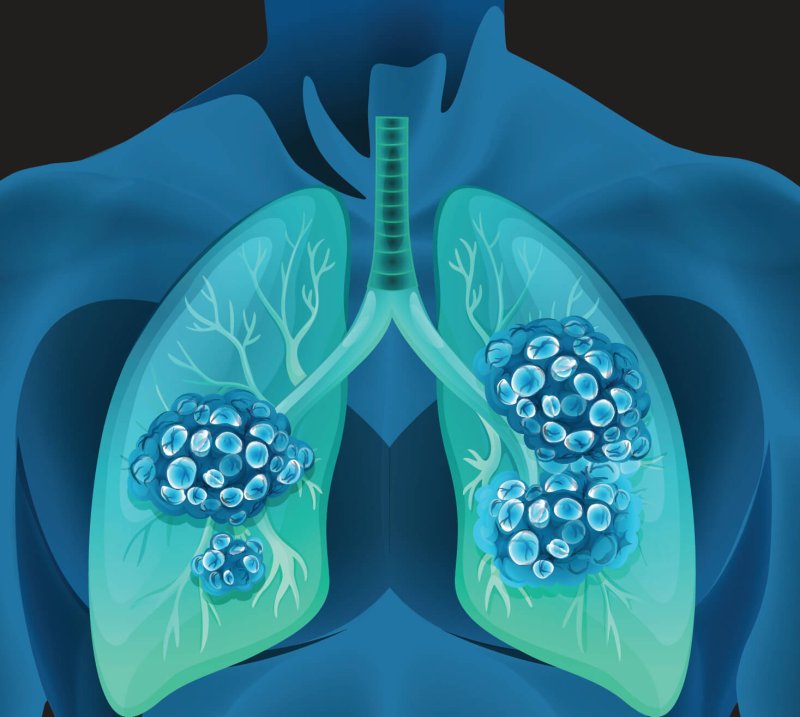A team of investigators from the Georgia Institute of Technology and Emory University has developed a CRISPR-based treatment to stop the replication of both the flu virus and the virus that causes COVID-19 in mice. Moreover, the new treatment is delivered to the lungs via a nebulizer, which could make it simple for patients to administer themselves at home.
…
Interestingly, the researchers used mRNA technology to code for Cas13a, which destroys parts of the RNA genetic code that viruses use to replicate in cells in the lungs. Using a guide strand, researchers can provide a map that basically tells the Cas13a protein where to attach to the viruses’ RNA and begin to destroy it.
“In our drug, the only thing you have to change to go from one virus to another is the guide strand—we only have to change one sequence of RNA. That’s it,” explained senior study investigator Phillip Santangelo, PhD, a professor in the Wallace H. Coulter department of biomedical engineering at Emory University. “We went from flu to SARS-CoV-2, the virus that causes COVID-19. They’re incredibly different viruses. And we were able to do that very, very rapidly by just changing a guide.”































